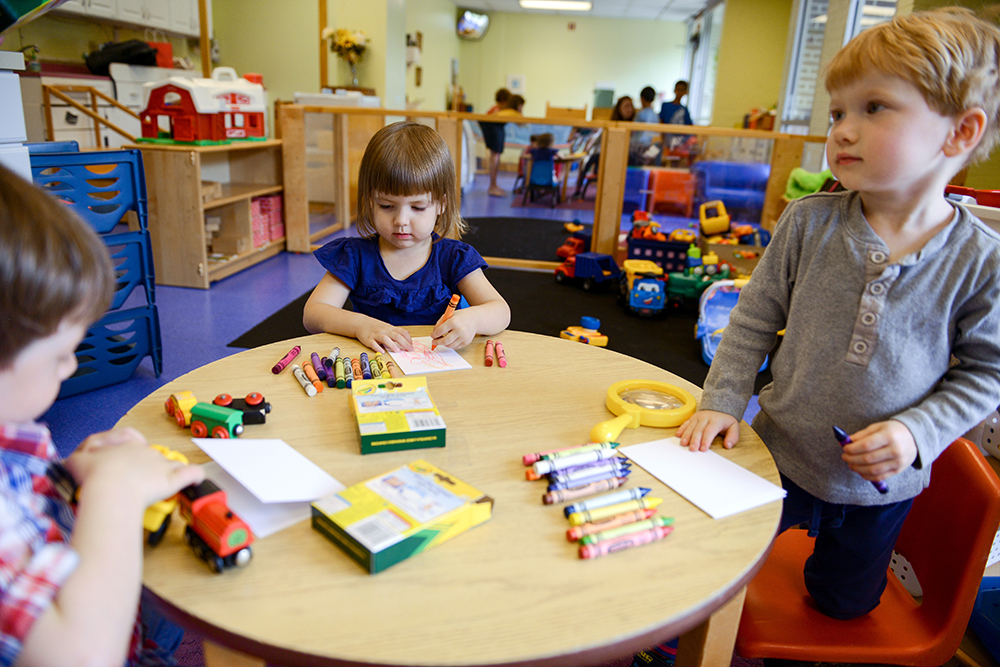
Early care and education provide a strong foundation for children's academic success and overall well-being. This focus area has been central to the work of the Institute since its founding more than 50 years ago. One of FPG's first and most influential projects was a longitudinal study of the effectiveness of an early care and education intervention for children from low-income households. This work continues today with research on closing the achievement gap and providing support for dual language learners.
Featured Publication
Home visiting programs are one way to ensure that children are experiencing responsive, enriching, and language-rich settings, but there are few home visiting interventions focused on early literacy. This study examined the impact of the Book Babies early literacy intervention on parents’ literacy-promoting practices and children’s early language skills compared to two control groups.
Featured Person
Lindsay Gomes, PhD, a research scientist at FPG, has extensive experience collaborating with state partners to bridge research, policy, and practice. Her work focuses on understanding the contextual factors that shape young children's social-emotional development within early care and education settings. As part of our FPG profile series, we recently spoke with Gomes to learn more about her work at FPG.